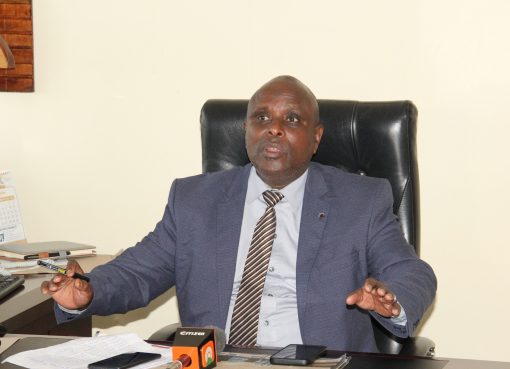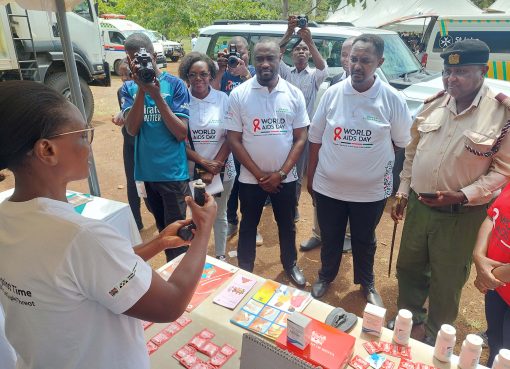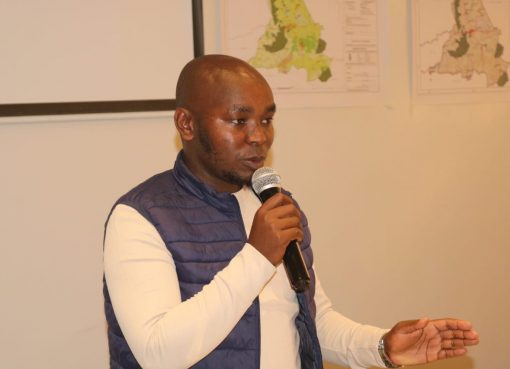The Kenya Institute of Supplies Management (KISM) has embarked on a nationalwide registration drive and membership data audit to flush out quacks and unlicensed personnel.
KISM Chief Executive Officer (CEO) Kenneth Matiba said many workers handling supplies and procurement across the country were not registered.
The KISM database, he said, has about 10,000 registered members, while the country has over 23,000 practitioners.
He added that besides the registration, the drive targets to clean the body’s register to ensure that only qualified personnel are allowed to handle supplies and procurement.
“We are carrying out targeted compliance assessments to clean up membership data so that we have members who are in good standing with the law,” he said.
This, he said, will not only enhance professionalism in the sector but also compliance with the law, which requires all practitioners to be registered and licensed by the body.
KISM, he disclosed, has embraced Recognition of Prior Learning (RPL) to ensure that those practicing and do not have academic qualifications are certified and registered.
“We are the first professional body in the country to embrace RPL. This is because we realised so many people out there are practicing and have the experience but lack the qualifications,” he said.
To rein in on non-compliant members, Matiba said KISM was building capacity for the disciplinary committee to handle professional misconduct.
Through partnership with the Judiciary, the initiative aims to have a quasi-judicial committee to address all professional misconduct matters.
KISM Council Member Moses Omondi said registration was a statutory requirement, adding that the body has rolled out regional registration drives to ensure all practitioners are registered.
He challenged all practitioners across the country to take advantage of the initiative and get registered.
Legal instruments, he added, have been put in place to enhance compliance and remove unprofessional members from the register.
KISM is a national body for professionals in the practice of procurement and supply chain management in Kenya.
The institute draws its mandate from the Supplies Practitioners Management Act No. 17 of 2007.
It is charged with the responsibility of registration, licensing, and regulation of supply practitioners in Kenya.
By Chris Mahandara





